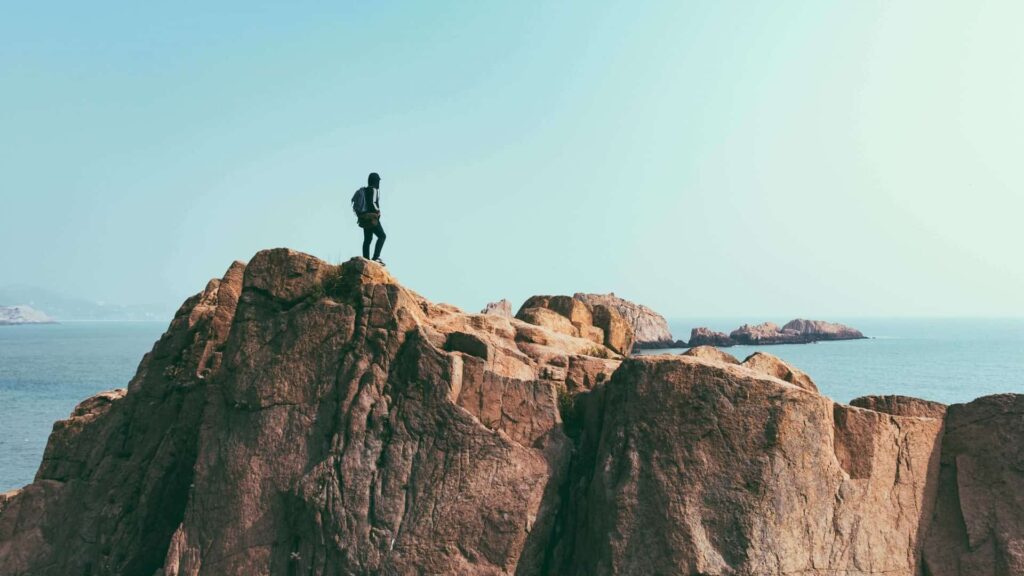Located along Kenya’s northern coastline, Watamu is a tropical haven of pristine beaches, turquoise waters, and vibrant marine life. This charming village is home to Watamu Marine National Park, one of the best-protected marine areas in East Africa, making it a top destination for snorkeling, diving, and underwater exploration. The coral gardens teem with colorful fish, turtles, and other aquatic wonders, offering an unforgettable experience for marine enthusiasts.
Beyond the ocean, Watamu also boasts rich cultural and natural attractions. The nearby Arabuko Sokoke Forest, Africa’s largest coastal forest, is a biodiversity hotspot perfect for birdwatching and nature walks. The ancient ruins of Gedi, a 13th-century Swahili town, provide a glimpse into the region’s historical significance. With its blend of adventure, relaxation, and cultural heritage, Watamu offers something for every type of traveler.
Key Features
– Watamu Marine National Park
– Pristine beaches and coral reefs
– Rich biodiversity in Arabuko Sokoke Forest
– Historical ruins of Gedi
Best Time to Visit
– November–April (calm seas, best for marine activities)
– June–September (cool and breezy)
Activities
– Snorkeling and scuba diving
– Deep-sea fishing
– Turtle watching (nesting season: April–July)
– Exploring Arabuko Sokoke Forest
– Visiting the ruins of Gedi
Getting There
– 2-hour drive from Mombasa
– Flights from Nairobi to Malindi, followed by a short drive
Recommended Stay
3–4 nights
– 2 days for marine activities
– 1 day exploring the forest and ruins
– Relaxation on Watamu’s beaches
Travel is the movement of people between relatively distant geographical locations, and can involve travel by foot, bicycle, automobile, train, boat, bus, airplane, or other means, with or without luggage, and can be one way or round trip. Travel can also include relatively short stays between successive movements.
The origin of the word "travel" is most likely lost to history. The term "travel" may originate from the Old French word travail, which means ‘work’. According to the Merriam Webster dictionary, the first known use of the word travel was in the 14th century.
It also states that the word comes from Middle English travailen, travelen (which means to torment, labor, strive, journey) and earlier from Old French travailler (which means to work strenuously, toil). In English we still occasionally use the words "travail", which means struggle. According to Simon Winchester in his book The Best Travelers’ Tales (2004), the words "travel" and "travail" both share an even more ancient root: a Roman instrument of torture called the tripalium (in Latin it means "three stakes", as in to impale).













Write a Review